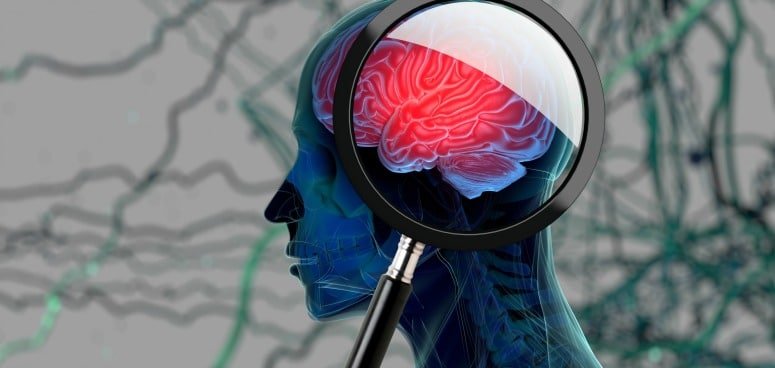Medically Reviewed by Dr. Mohammed Saeed, MD.
“Addiction is a disease.”
That statement has been disputed about as many times as it’s been put forth as an argument. But the scientific and medical communities recognize that addiction—whether it is a result of drugs or alcohol—is a disease.
In fact, according to The National Center on Addiction and Substance Abuse, addiction is defined as a disease by most medical associations, including the American Medical Association and the American Society of Addiction Medicine.
Addiction Is Recognized as a Disease
The AMA has recognized that addiction is a disease since 1956. An addict is not deciding “to be an addict.” No one would do that.
Addiction is a disease of the brain and body that involves compulsive use of one or more substances, despite serious health and social consequences. Addiction disrupts regions of the brain that are responsible for reward, motivation, learning, judgment and memory. It damages various body systems as well as families, relationships, schools, workplaces and neighborhoods.
Like diabetes, cancer and heart disease, addiction is caused by a combination of behavioral, environmental and biological factors. Genetic risks factors account for about half of the likelihood that an individual will develop addiction.
That explanation goes a long way in explaining why one person can have a drink or two every night and have no consequences while another becomes an alcoholic. For the person with bad genetics, those one or two drinks will fail to satisfy them for long. There is a genetic “need” to have more. And that need quickly becomes a craving that is almost impossible to resist.
Most people don’t understand how other people become addicted to alcohol or drugs. Those people think that the addicted person lacks willpower, that if they really wanted to, they could stop. But addictive drugs alter the brain in ways that make quitting hard.
At Into Action Recovery Centers, we understand this. We recognize that no one wants to be an addict. No more than anyone wants to be afflicted with diabetes or have heart problems. And like many medical diseases, there is hope. Into Action Recovery Centers has medically-trained personnel on site 24 hours a day, and we just recently hired an onsite MD to be our medical director.
How Do People Become Addicted to Drugs?
From the National Institute on Drug Abuse:
Many people don’t understand why or how other people become addicted to drugs. They may mistakenly think that those who use drugs lack moral principles or willpower and that they could stop their drug use simply by choosing to. In reality, drug addiction is a complex disease, and quitting usually takes more than good intentions or a strong will. Drugs change the brain in ways that make quitting hard, even for those who want to. Fortunately, researchers know more than ever about how drugs affect the brain and have found treatments that can help people recover from drug addiction and lead productive lives.
Once someone becomes addicted, they feel as if their life had been lost to addiction. But as bad as things may seem, there is hope. We specialize in helping those people get their lives back. There is not much better in life than being able to help someone recover their life and set them on a new path. It’s what we work for every day.
Addiction is a disease — yes — but it’s no excuse for continued suffering. We can help. We’ve already helped hundreds, so don’t wait. Don’t put yourself or your loved ones through another day. Let us start you off on a new life.




